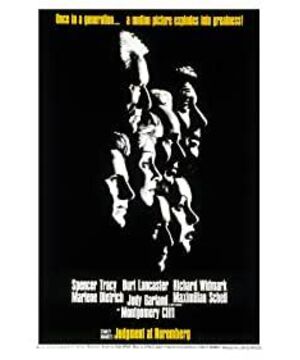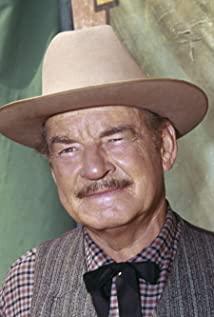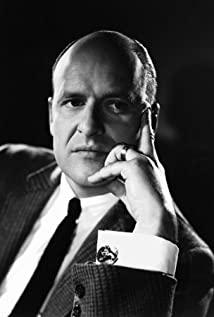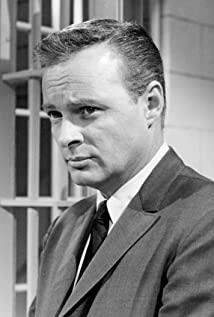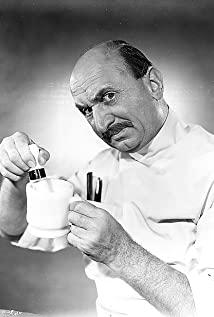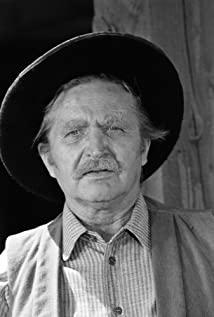The 1961 film "Judgment at Nuremberg" (Judgment at Nuremberg) tried to condense this magnificent historical picture into a trial process. The director chose the judicial process of trial judges. Law and ethics are the core issues throughout the film.
German judges were accused because they had enforced laws that were in force at the time but are now considered evil, such as laws to prevent ethnic pollution and laws that deprive them of reproductive rights. A very important question in court investigations is: What is the status of judges in Germany? To what extent is it subject to external pressure? Does the judge have the right to choose, and what will happen if he does not obey? A Justice Department official, Weike, who was once a teacher of Judge Jelling, one of the defendants, confirmed that he was forced to resign because he resisted Hitler's draconian laws. Related to this is that the court should review the degree of allegiance of German judges to the Nazis, which is actually a subjective examination. That is to judge the behavior of German judges from both subjective state and objective possibility. But the question is, even if the judge has the possibility to choose, should he choose? Is his duty to enforce the law, or can he judge the law above the law? The further question is, if so, what rules should he follow?
This involves not only the professional ethics of judges, but also the eternal debate about the law: Is there a rule with higher validity than the real law that can judge the real law? Different schools of law have different answers to this question: the natural law school believes that the power of divine law and natural law is higher than the actual law, while the historical law school does not recognize the effect of natural law.
In this situation, German judges are faced with both external political pressure and professional ethics challenges. This is what distinguishes Judge Yelling from others. Other judges are just politicians, and they naturally chose to obey politics; but Jelling has rethinked. In fact, what he obeyed is not political pressure, but the professional ethics he agrees with, and his ethical judgments of positive law. Although, his choice was rejected by the court in the Nuremberg trial.
The above analysis of the professional ethics dilemma faced by German judges is whether they should obey the law, enforce the law or be able to judge the law and then choose to apply it. The standard for judging the law must be ethical and beyond the law. The Nuremberg trial also involved a discussion of ethics.
As mentioned above, Judge Yelling’s choice is based on the understanding of professional ethics on the one hand, and on the other hand based on the ethical judgment of positive law. That is to say, to a certain extent, he agrees with the value orientation of the real law at the time: the state is the standard, in order to achieve the so-called common interests of the country, he does not hesitate to sacrifice the basic rights of the individual, such as life, health, etc., in this vision It is absent; therefore, there is a policy of racial evolution, and a law to deprive childbearing rights. This is not only the ethical choice of Jelling, but also the ethical choice of all defendants, and even the ethical choice of the entire upper class in Germany. The pretty and elegant Mrs. Beto in the film undoubtedly represents the image of the upper class in Germany. Her reason for defending Yelling was: "Judge Yelling behaved as a gentleman and noble, and dared to defend his dignity and honor. How can such a decent person make mistakes?" These noble people have not experienced suffering, so they just There is no sympathy or compassion for the victims. They are not impossible to know the consequences of enforcing the law, but they don't want to know, they don't want to think about it. Therefore, in the final meeting between Judge Haywood and Yelling, when Yelling said that he did not know that their sentence would bring so many killings and deaths, Judge Haywood responded: "When you sentence the first person to death You should understand this." Yes, when you don't have the concept of "person" in your eyes, one person and many people are equivalent in your eyes-equal to nothingness. In the Nuremberg trial, Judge Haywood gave the strongest condemnation of this kind of ethical judgment. He pronounced that: “The defendant’s actions violated the common principles of civilized society. The state is not a stone, but an extension of man—justice, truth, and individuality. The value of the country is the basic value of the country."
It is precisely based on this ethical belief that Judge Haywood and prosecutors withstood the political pressure exerted by the United States and insisted on imposing guilty verdicts on German judges. As the socialist camp began to take shape, the capitalist camp headed by the United States took West Germany as the frontier position against the socialist camp, and therefore vigorously sought the support of Germany. To get the support of Germany, it is necessary to get the support of the social elite, and the German judge who is on trial is undoubtedly the central figure. Judges and prosecutors also accept their own conscience while trying German judges. They face a situation similar to that of German judges at the time.
When conscience encounters politics, do you choose conscience or politics?
View more about Judgment at Nuremberg reviews


